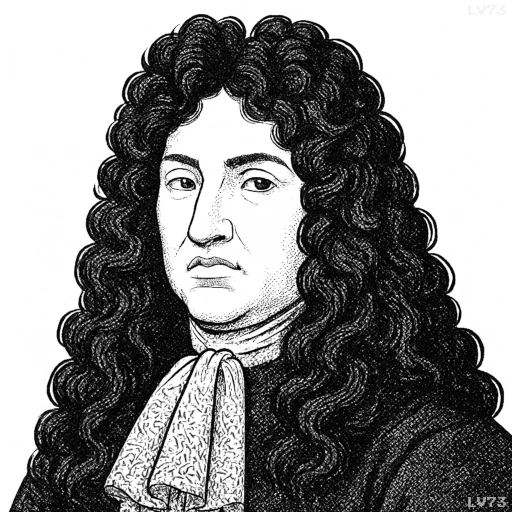“Render to God what you owe him; recognize the obligations you are under to him.”

- September 5, 1638 – September 1, 1715
- Born in France
- King of France
table of contents
Quote
“Render to God what you owe him; recognize the obligations you are under to him.”
Explanation
This quote, which can be attributed to Louis XIV, emphasizes the spiritual duty and moral obligations that the monarch, and by extension all individuals, have toward God. Louis XIV, as a devout Catholic, often positioned himself as God’s representative on Earth. His reign was not only political but also shaped by religious convictions. The quote reflects the idea that, in his view, divine authority played a central role in his power and governance. Louis’s belief in the divine right of kings was deeply intertwined with his sense of responsibility toward both God and his people.
In the historical context of the 17th century, rulers like Louis XIV were often seen as divinely ordained and were expected to uphold religious values and ensure the welfare of their subjects in accordance with God’s will. The French monarchy’s close ties with the Catholic Church meant that Louis’s actions were often framed as fulfilling divine will, and his authority was justified by the belief that he was appointed by God to rule. This quote reflects the broader Catholic worldview that viewed monarchs as stewards of God’s laws on Earth, responsible for both the spiritual and temporal well-being of their kingdoms.
In modern times, this quote speaks to the moral obligations that individuals feel toward higher powers, whether religious or philosophical. While contemporary political leaders are less likely to claim divine right, many still grapple with questions of moral responsibility and the ethical dimensions of leadership. This quote can be applied in the context of personal beliefs, where individuals may feel an obligation to contribute to the greater good, whether through religious practices or ethical governance. It can also reflect the idea that in times of power and privilege, leaders should acknowledge their responsibility to those they govern, recognizing the broader moral forces at play in their actions.
Would you like to share your impressions or related stories about this quote in the comments section?
